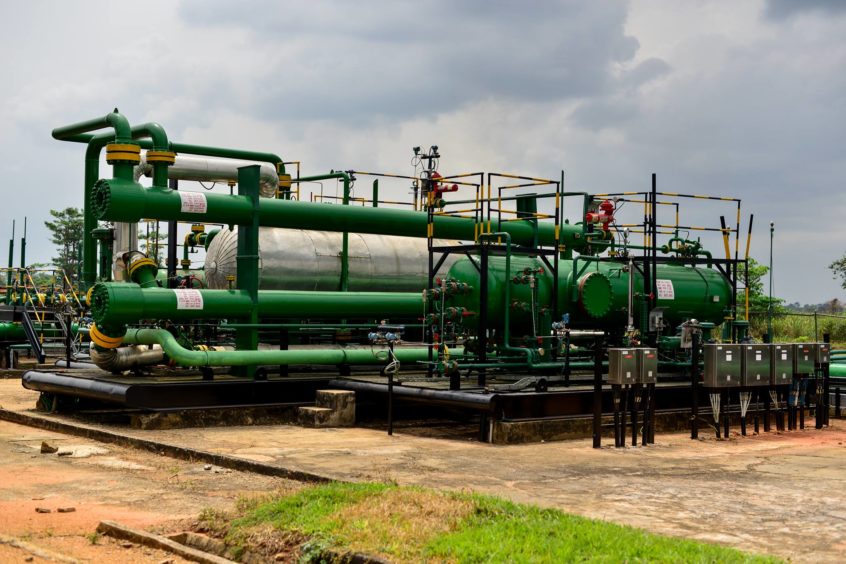
Seplat Petroleum has ramped up production in the first quarter and has set out plans to rebrand as Seplat Energy.
The company produced 48,239 barrels of oil equivalent per day in the first quarter, rising to near 54,000 bpd in early April. Liquids were down 13.2%, as a result of delays installing a new storage system for OML 40. However, gas production increased by nearly 30%.
Revenues increased 16.8% to $152.4 million, from $130.5mn.
Production rose with the return of the Gbetiokun field, Seplat CEO Roger Brown said. “We are currently achieving average daily volumes of nearly 54,000 boepd so far in April and we will build on this as we add additional oil and gas wells this year.”
Seplat has guided average production of 48,000-55,000 boepd.
Brown went on to say the name change was intended to tie in with the changing domestic needs in Nigeria.
“Energy transition – which delivers on Nigeria’s social development goals in tandem with the climate agenda – is essential. This is the backbone of Seplat’s strategy and we will be communicating how we plan to achieve this over the coming months,” he said.
Shareholders will vote on the name at the AGM on May 20. The company also plans to host a capital markets day on July 29.
Gas plans
The ANOH project is a “top priority” for the company. COVID-19 has caused some delays, pushing back first gas to late in the first half of 2022. However, costs have been reduced to $650mn, from the $700mn budgeted at final investment decision (FID).
Shell Petroleum Development Co. (SPDC) is handling the upstream side of ANOH. It plans to complete four wells this year and has begun this work. Seplat expects the gas processing units to arrive in the third quarter and begin installation before the year ends.
Seplat’s joint venture on the ANOH gas project raised $260mn in debt financing in February. The company has also issued a $650mn Eurobond in March. The bond has gone to redeeming existing senior notes and repaying a revolving credit facility.
“We continue to hedge against oil price volatility and expect a higher proportion of revenues to come from long-term gas contracts at stable prices,” said Brown.
Capital expenditure is expected to be $150mn this year, with $33mn already invested. Brown said the company would continue to cut costs and manage cash to “enable further reductions in debt, whilst supporting dividend payments and investment for growth”.
Net debt is $458.1mn, while cash in the bank is $236.3mn.
During the first quarter, Seplat completed the Oben-50 gas well, which is now producing. The Oben-51 should begin producing in May. The company plans to drill an exploration well at Sibiri, previously known as Amobe, this year.
